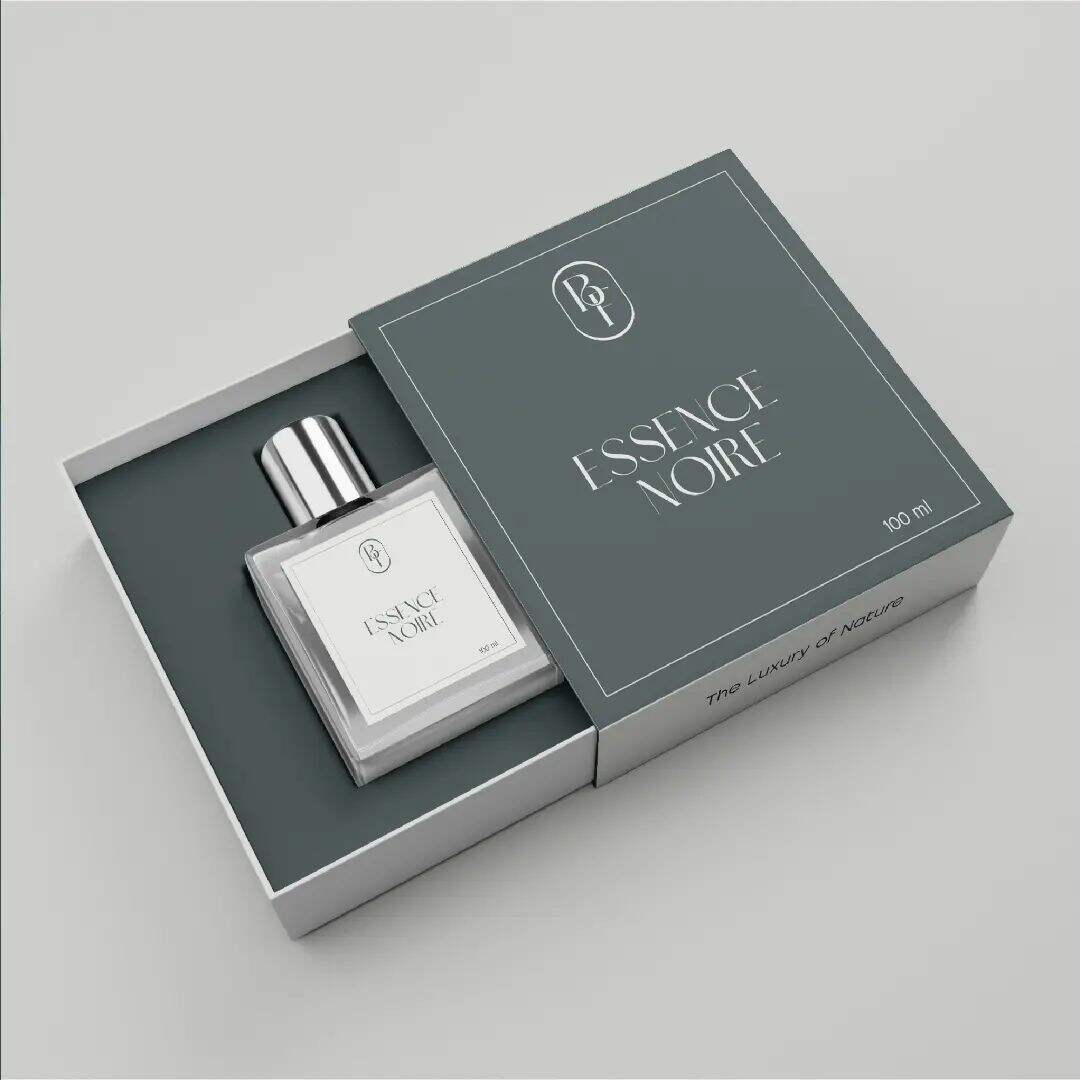Secrets of Perfume Packaging
Fragrance giving is an ancient art of connection, tracing back to humanity's first attempts to bottle memories.
More than a scent, perfume celebrates identity, honors milestones, and speaks the language of emotion.
Today’s connoisseurs choose meticulously crafted packaging—luxury boxes, sustainable sets, and scent-themed accessories—to transform perfume into an immersive experience.
Five Common Features of Custom Perfume Boxes
Emphasis on “Luxury Appeal”
Perfume packaging is designed to reflect elegance and high value.
Rigid greyboard, paired with premium finishes such as hot foil stamping, spot UV, or embossing,
and sophisticated structures like magnetic closure or drawer boxes, all help elevate the perceived worth of the product.
Strong Protective Function
Perfume bottles are often made of glass, making internal protection a top priority.
Inserts like EVA foam, flocked trays, or high-density sponge are widely used to prevent damage while also maintaining a visually appealing display.
High-Level Customization
Every element of the box—from size and structure to insert and exterior design—is tailor-made to suit the perfume bottle's shape and the brand’s unique identity.
This level of customization helps convey brand personality and exclusivity.
Focus on Unboxing Experience
Magnetic flap lids, sliding drawer styles, and ribbon pulls are commonly used to create a sense of ritual during unboxing.
The experience of opening the box is designed to evoke emotional engagement and increase product satisfaction from the first touch.
Sustainability in Focus
More high-end brands are embracing sustainable packaging solutions, opting for FSC-certified paper, biodegradable inks, and recyclable materials to align with global eco-conscious values
Common Perfume Packaging Box Styles and Features
Magnetic Closure Box
Structure:
Smooth opening/closing via built-in magnets; lined with custom foam or velvet inserts.
Example: Tom Ford Private Blend’s angular black-and-gold box.
Use: Luxury fragrances, limited editions, gift sets.

Drawer Box
Structure:
Horizontal pull-out design; space-efficient for bottles and accessories.
Example: Byredo’s minimalist monochrome boxes.
Use: Niche brands, unisex fragrances, multi-product sets.

Book-style Box
Structure:
Opens like a book; interior pages for artwork or brand storytelling.
Example: Penhaligon's Portrait with vintage illustrations and metal emblems.
Use: Narrative-driven perfumes, collector’s editions.

Base and Lid box
Structure:
Lid fully encloses the base; cost-effective for mass production.
Example: Jo Malone’s iconic cream box with black ribbon.
Use: Commercial perfumes, everyday retail.

Die-cut Shaped Box
Structure:
Custom shapes (e.g., flowers, abstract geometry) via precision die-cutting.
Example: Maison Margiela REPLICA’s fabric-label-inspired box.
Use: Artistic collaborations, avant-garde brands.

Origami-inspired Foldable Box
Structure:
Lightweight, eco-friendly folded designs (e.g., 3D floral shapes).
Example: Diptyque’s holiday edition unfolding into a Christmas tree.
Use: Seasonal releases, sustainable collections.

Tube Box
Structure:
Cylindrical design with twist/tab openings; ideal for travel sizes.
Example: Le Labo City Exclusives’ industrial tin tubes.
Use: Travel-friendly perfumes, metallic-themed packaging.

Looking to get started?
Explore Jinayon's wide selection of customization options and expert packaging insights.
Visit our website to browse our portfolio and request a personalized quote today.
FAQ
What are the most effective materials for perfume packaging?
Glass, plastic, and metal are popular choices, each offering unique benefits in terms of durability and aesthetic appeal. Glass is favored for its premium feel, plastic for its cost-effectiveness, and metal for its robustness.
How does sustainable packaging impact consumer perception?
Eco-friendly packaging is increasingly preferred by consumers, as it aligns with their environmental values. Brands adopting sustainable packaging have seen improvements in their reputation and appeal among eco-conscious shoppers.
Why is understanding demographic preferences important for packaging design?
Demographic preferences influence design choices, helping brands to tailor their packaging to meet the expectations of different age groups and cultural backgrounds, thereby enhancing market penetration.
 EN
EN
 AR
AR
 BG
BG
 DA
DA
 NL
NL
 FI
FI
 FR
FR
 DE
DE
 IT
IT
 JA
JA
 KO
KO
 NO
NO
 PT
PT
 RU
RU
 ES
ES
 IW
IW
 TH
TH
 MS
MS
 HY
HY





